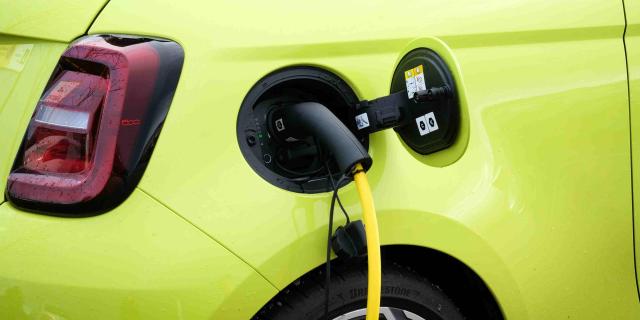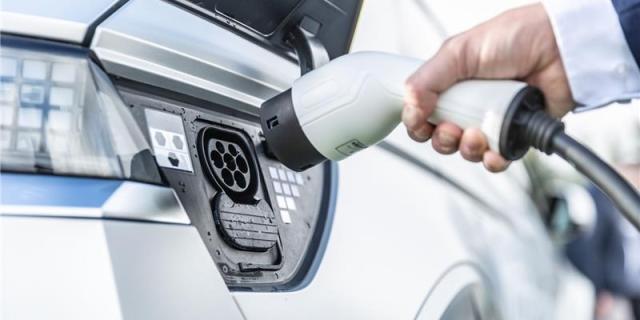Arval, a European leader in full service vehicle leasing specialised in new sustainable mobility solutions and BNP Paribas Real Estate, a European leader in real estate services and solutions, announce the publication of a new white paper on the impact of remote working on mobility and real estate.
COVID-19 accelerated a shift to remote working across Europe and strongly hit the office markets. Lockdowns and movement restrictions in all European countries translated to subdued activity in 2020 and in early 2021. However, the office markets entered the crisis with very strong fundamentals and first signs of recovery are already in sight in some markets. The rise in remote working experienced during the pandemic is nevertheless likely to change the office usage, the organisation of work and the way we move with the acceleration of alternative mobility solutions and a need for flexibility.
In terms of employees mobility, the health crisis has been a catalyst for the adoption of mobility solutions that reflects newer ways of living and working. Due to the fear of infection, consumers eschewed traditional public transportation systems, shared mobility solutions in favor of private cars or micromobility solutions (bike, kick scooter) which saw a significant increase in use. Although companies started the transition to alternative mobility solutions before the pandemic, this tendency has been clearly accelerated by COVID-19 and today, according to the latest Arval Mobility Observatory’s Barometer, 71% of companies have already adopted at least one newer, greener and safer solution.
Considering all these aspects, Arval Consulting (Arval’s business unit dedicated to supporting its clients in all their fleet management optimisation, energy transition, and mobility strategies) and BNP Paribas Real Estate explore in their new white paper the ways in which corporate fleets, corporate mobility and corporate real estate could be affected, and present four scenarios.
1. Hybrid Approach - Office Structure Satellite
Establishing a series of satellite offices – potentially coworking spaces – while retaining but downsizing the main headquarters, where employees share desks and switch between home and office working. The impact on traditional corporate fleets is minimal and employees without a car allowance could be offered alternative mobility solutions, such as car sharing, ride sharing and bike schemes.
2. Maximise Remote Working
A majority or completely remote workforce quashes real estate costs. It does away with the environmental impact of physical premises and travel and makes life logistically easy for employees because, at most, they make the occasional journey to a coworking space to meet colleagues in person. Drivers would be offered a mobility package including company car.
3. Hybrid Approach - Flex Working Mode
Reshaping existing offices to create more collaborative areas, such as meeting rooms and larger work spaces. Employees have the option of a physical office but can still work remotely as and when they need to. Corporate fleets remain unchanged, while car sharing and micromobility solutions, such as city bikes, can flourish.
4. Rapid Return to the Office
Back to physical locations and working practices as they were before the arrival of Covid 19. Zero impact on company fleet’s management where some employees would be keen on returning to the office while some others would be reluctant to resume long commute.
“There is clearly a huge number of factors that dictate whether or not a company can change its approach to work, and we know that certain sectors are better placed to do so than others. However, the four scenarios illustrated by our matrix show that industries less bound by physical constraints can transform and combine bricks-and-mortar and remote working practices to generate efficiencies, allow employees to retain flexibility but still feel attached to the business – and even benefit local environments. On top of that, we do not foresee the need to drastically change fleet size or structure as such, especially for job-need cars. If there are any changes, they will be more related to existing trends already present in the market prior to Covid 19.”
Shams-Dine El Mouden, Arval Consulting Director
“These four scenarios with new flexibilities, real estate uses and associated services will most likely differ across industries and sectors. These new ways of working will have to respond to employees’ well-being by using and making available offices and workspaces to maintain direct contacts and thus corporate culture. There will be fewer m² but better m².”
Olivier Selles, Head of Innovation at BNP Paribas Real Estate




